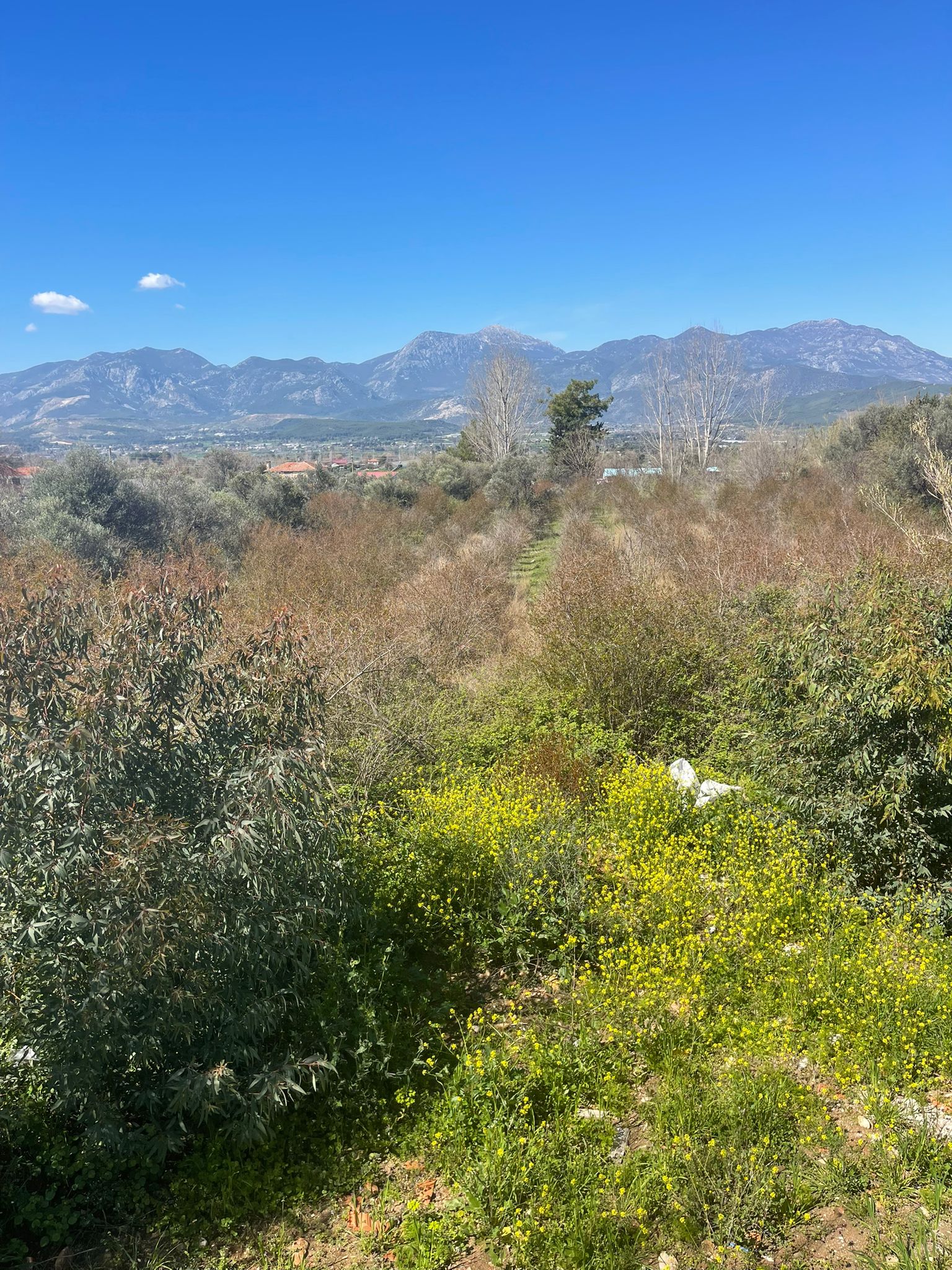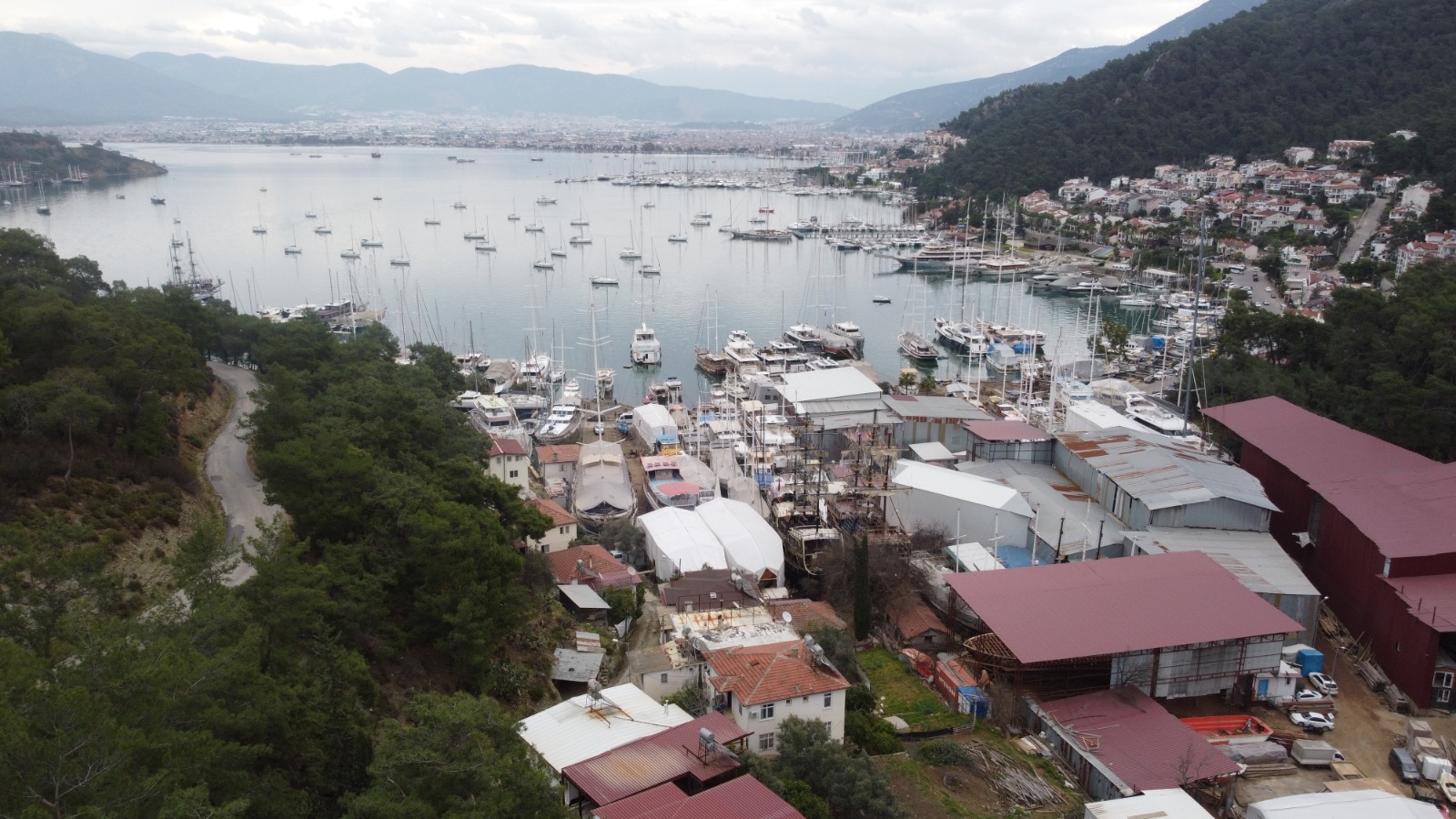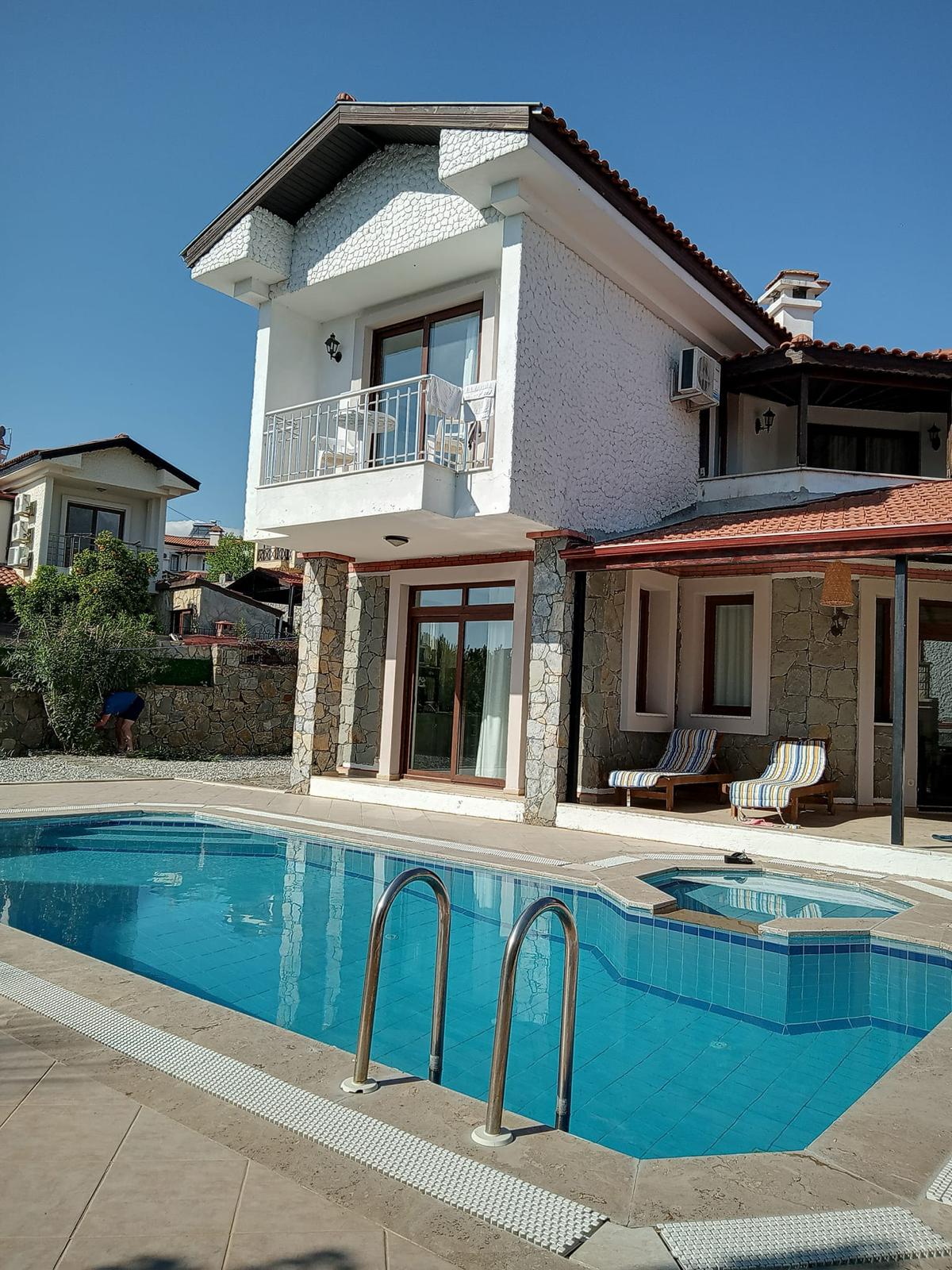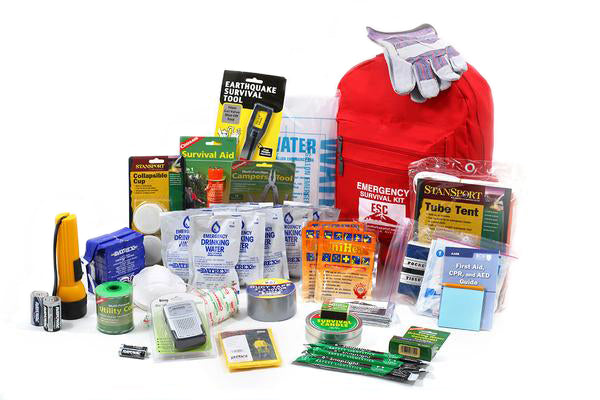
Earthquakes. Why? And What To Do!
Earthquakes. Why? And What To Do!
In Turkey, earthquakes are nothing out of the ordinary with thousands of tremors taking place all over the country. Statistics show that a total of 23,753 earthquakes were recorded over the course of 2021 . In other words, around 65 earthquakes, ranging in magnitudes occurred on average each day. The earthquakes are monitored by 1,143 seismic observation stations. These are run by the Disaster and Emergency Management Authority (AFAD) across the country. Although some universities also operate their own stations.
So why does Turkey get so many Earthquakes?
Greece and Western Turkey are situated above a complicated convergence of tectonic places. There are four plates that meet under the Aegean Sea, which in turn puts immense pressure on the plate directly below Turkey. There are nearly 1,000 fault lines with potential to generate earthquakes both at sea and in the land. Last year, fault lines in the Aegean Sea were particularly active and caused tremors reaching to the magnitude 6.3
Fethiye
Whilst Fethiye experiences earthquakes several times a year, the last big earthquake was in 1957 On April 24th 1957 at 21:17 local time the first earthquake of 7.1 magnitude lasted 25 seconds and at 4:26 the next morning a stronger second quake occurred, this one lasted for 60 seconds with a magnitude of 7.3.
Around 1500 structures were affected, with 90% of the town’s buildings damaged. However thanks to the strict evacuation orders of the district governor after the first quake fatalities were minimal.
Building Regulations
Obviously no building is 100% Earthquake proof. However Turkey has strict building codes, these include the depth and material used for foundations. They were introduced in 2000, after the large earthquake in Izmit in 1999. So if looking for a property, the ones built from 2000 onwards would have to comply with these new codes of construction.
DASK – Earthquake Insurance
DASK is a policy created by the World Bank and Turkish Government and provided by the Turkish Catastrophe Insurance Pool (TCIP). It is insurance cover for material damages that occur to buildings caused by earthquakes. It is also known as Compulsory Earthquake insurance (Zorunlu Deprem Sigortasi)
What Does DASK Cover?
Whether your dwelling has been damaged partially or entirely, DASK will cover damage to the following building parts:
- Foundations
- Main walls
- Common walls separating independent sections
- Garden walls
- Retaining walls
- Ceiling and floors
- Stairs
- Elevators
- Landings
- Corridors
- Roofs
- Chimneys
- Supplementary areas of the building have similar qualities to those mentioned above.
The following, however, is not covered:
- Debris removal costs
- Loss of profit
- Business interruption
- Loss of rent
- Alternative residence and workplace expenses
- Financial liabilities and all other indirect damages that may claim otherwise
- All kinds of movable properties, goods, and such
- All bodily injuries and death
- Non-material damages
- Damages other than fire, explosion, tsunami, or landslide caused by earthquakes
- Irrespective of the quake, cracks that have occurred over time due to the building’s defective structure
In addition, certain types of property, such as buildings used for commercial purposes, i.e., office blocks, those constructed against building codes, and those that are still under construction and not yet complete, may not be covered by DASK insurance.
How Much Is DASK?
DASK premiums are calculated annually according to the type of the property, its gross floor area, year of construction, number of floors, and its earthquake risk group, which will change according to the neighbourhood and the city it is located in. The TCIP ensures that DASK premiums are kept at a level that all citizens can afford.
How To Be Prepared – There are a number of simple steps you can take to ensure you; your family and pets are as safe as possible in an emergency.
- Prepare an emergency grab bag. This could be a normal bag you put together yourself or they can be purchase online and in shops. Think about what contents are important, we would recommend:-
- Copies of important documents (passports, insurance, resident permits)
- Medication (if you take it regularly)
- First aid kit
- Water
- Blanket
- Snacks
- Torch
- Battery pack
- Pet food (if you have pets) & spare leads (if you have dogs)
- Money
- Nappies, baby food etc (if small children)
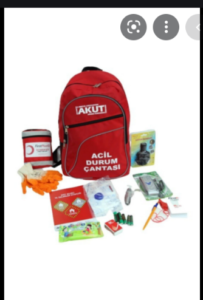
- Keep your cell phone charged: Many of the victims have been rescued from under the rubble because they were somehow able to contact the authorities to inform them of their locations. Furthermore, the flashlight on phones can also prove crucial in an emergency. Thus it is imperative to keep them as charged and easily accessible as possible.
- Establish your safety zone at home or work: The widespread belief used to be that doorways and stairwells are the safest areas of a building; however in recent years this understanding has been contested. It is now suggested that people establish an area next to sturdy furniture such as a table, couch or bed to cushion the potential fall of overhead debris to create “the triangle of life.” It is not advised to go near windows or display cases and the peripheral surroundings of buildings, including external walls, are considered to be one of the most dangerous spots to be in. It is good practice to secure any bookshelves or potentially wobbly furniture to the walls to lessen any non-structural hazards.
- Determine the safety of your home: The Disaster and Emergency Advisory Board (AFAD) has established a map denoting the areas at risk of earthquakes in Turkey and through the e-Devlet (e-Government) website, one can search any area to learn more about the risks involved with living in specific regions or buildings. You can also ask your landlord or local municipality to find out if your building has been granted an earthquake safety certificate.
Establish a meeting point: It is good practice to designate a specific area to meet up with friends and family in the case of a serious earthquake. This spot should be outdoors and well above sea level and ideally located in close proximity to your home or workspace. Many neighbourhoods and businesses in Turkey have designated areas, and you can ask the local officials where yours is located. Keep in mind it is a regular practice in Turkey to go outdoors after an earthquake and many choose to spend the night in parks, so you may want to also have a tent accessible.
In The Case Of A Quake
- Do not fight or flight: The most important rule in the case of an earthquake is to remain calm and to (try) not panic. You don’t want to make any big movements, you certainly do not want to go near a window, balconies or to use the elevator. Many people will be heading for the stairwells out of panic and thus it is also wise to wait it out as much as possible to not incur any additional harm.
- Do not make telephone calls: Unless it is an absolute emergency, in which case dial: 155 for the police, 112 for a medical emergency and 110 for the fire department. Try not to phone your loved ones in earthquake-stricken areas as phone lines can get jammed, thus disrupting life-saving phone calls from those trapped from being able to get through. It is wiser to text messages if you want to find out if people are safe. There are also apps that make it possible to text people your whereabouts and situation such as the Search and Rescue Association’s (AKUT) Güvendeyim (I’m safe) or contact others within your area via Bluetooth with apps such as Bridgefy.
AKUT – also have a facebook group with lots of useful videos and information regarding emergencies – why not take a look? 
- Do not light a flame: People might think using a lighter might be helpful, but it could be one of the most dangerous things you can do. Earthquakes can damage gas lines and thus any opensource of fire could be disastrous. Many times forced electricity shutdowns are applied simply to prevent any potential gas explosions.
- Avoid the sea: If you live in a coastal region in Turkey, then avoid heading toward the beach. While the coast may offer the most in terms of open space, as we have learned from the recent Izmir quake, Turkey is also prone to tsunamis and tidal waves in the aftermath of an earthquake, so try to remain above sea level for a good while after a quake.
- Try not to drive: It is best to try to avoid hitting the roads following a quake as not only can the streets become chaotic with other fellow panicked drivers, but also the roads should remain clear for emergency vehicles to be able to arrive at the stricken areas and do their job as efficiently and quickly as possible.
Whilst the prospect of experiencing an earthquake is worrying, in reality, we live with tremors every day and just don’t feel them. However, we hope that knowing all the above information will help you understand and be prepared for your time in Turkey.
Information correct as of 21/2/2022


